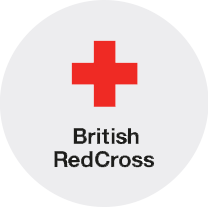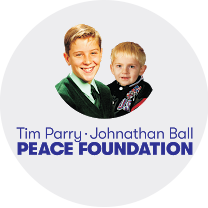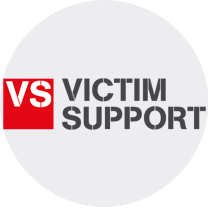NHS mental health support for people affected by Manchester attack

The NHS has now launched a dedicated mental health service to help people affected by the Manchester Arena attack on 22 May 2017.
Called the Manchester Resilience Hub, the service is focused on helping people directly affected by the incident such as concert goers, immediate family members and emergency responders. It applies to children, young people and adults and is open to people across the UK, as many people attending the concert were from Manchester and beyond.
The Hub is staffed by trained mental health professionals with experience of helping people who have experienced trauma. They will be able to give advice about what reactions are normal, whether people would benefit from more targeted support and help people access the services they need.
“The attack will have affected lots of people in some way or another but most will find they recover naturally and don’t require any professional support,” says Dr Alan Barrett, a Consultant Clinical Psychologist and adult clinical lead for the Hub.
“Reactions are likely to be strongest in those closest to the incident, who directly witnessed the aftermath and who were involved in the immediate care of victims. If by now people are still struggling to cope, they may benefit from some professional mental health support.”
The Hub works by providing a central point for mental health advice and support and will work with other agencies from different sectors across the country to develop packages of care.
Alan said: “We have already started to make contact with people who have been identified as needing additional support and are taking action depending on what they need. As would be expected for an incident such as this, some people are experiencing high levels of distress, so we are working very closely with them.
“I must emphasise that the Hub is not a new mental health service for everyone, it is specifically for people who have been directly affected by the attack. As a first port of call, we are still encouraging people who are struggling with their mental health to see their GP, call NHS 111 or self-refer to their local psychological therapies service.”
Support for children and young people
The Hub will also be helping young people who might be affected. Sara Barnes, Operational Lead for Children and Young People at the Hub, said: “Over time the majority of children and young people will be back in normal routines and coping better. Since the attack happened, we have been working closely with NHS colleagues, schools and councils to identify any families who may be struggling. Now the summer holidays are here, we need to make sure they still know that help and support is available.
“Our advice to parents is to give children opportunity to talk when they want to, reassure them that they are safe, stick to usual routines and keep an eye on what they are watching on TV and social media so they aren’t exposed to frightening images from the attack.
“If they are concerned that their child is still struggling to cope, they should contact their GP, call NHS 111 or get in touch with their local child and adolescent mental health service (CAMHS).”
Screening programme
As well as outreaching to people thought to be most in need, the Hub will invite all people who have been affected to take part in an emotional wellbeing screening programme.
Alan continued: “We are also planning to invite people who were involved in the incident to complete a wellbeing questionnaire at 3, 6, 9 and 12 month milestones. Because people respond to trauma in different ways we want to keep checking in to make sure people are ok or are getting any help they need.”
Wellbeing advice
Alan, who is experienced in working with people suffering with post-traumatic stress, said: “Commonly after a trauma, we need to help people to appreciate that their thoughts, feelings, physical sensations and behaviours are normal responses to unusual events. Try not to over-think about every detail or avoid thinking about it entirely; just notice that these reactions are occurring.
“People may find that they are going over the incident and their reaction again and again. It is important to remember that such recollections are just memories and they are not happening right now. It may be helpful to write some of what you remember down, or even record it on your phone.
“Adults may wish to retell their story and children may repeat the incident through play or drawings.”
“It’s really important to continue to look after your health and wellbeing after a traumatic incident, which means getting rest, eating well, returning to your routine, and staying connected with others.”
The Hub is hosted by Pennine Care NHS Foundation Trust. The service model has been developed by representatives from across child, adolescent and adult mental health services within Greater Manchester and nationally, through the GM Mental Health Clinical Oversight Group.
Contact details
- Phone: 03330 095 071
- Email: GM.help@nhs.net
- Website: penninecare.nhs.uk/mcrhub






